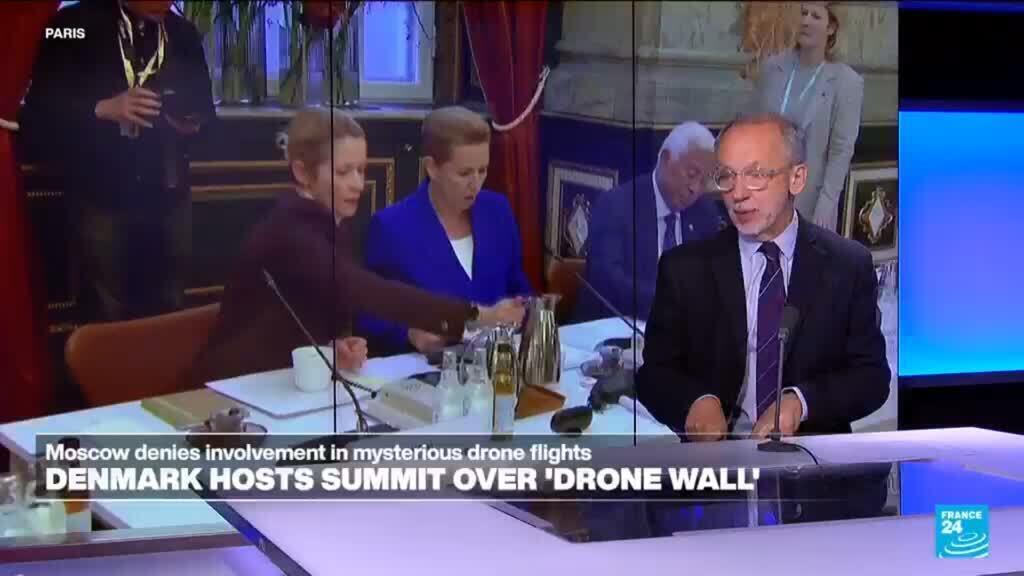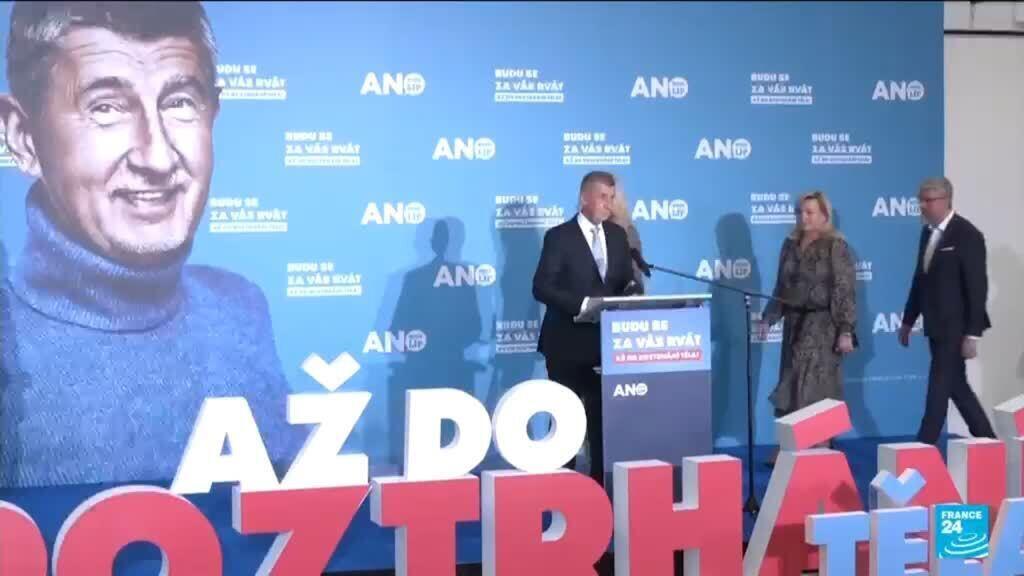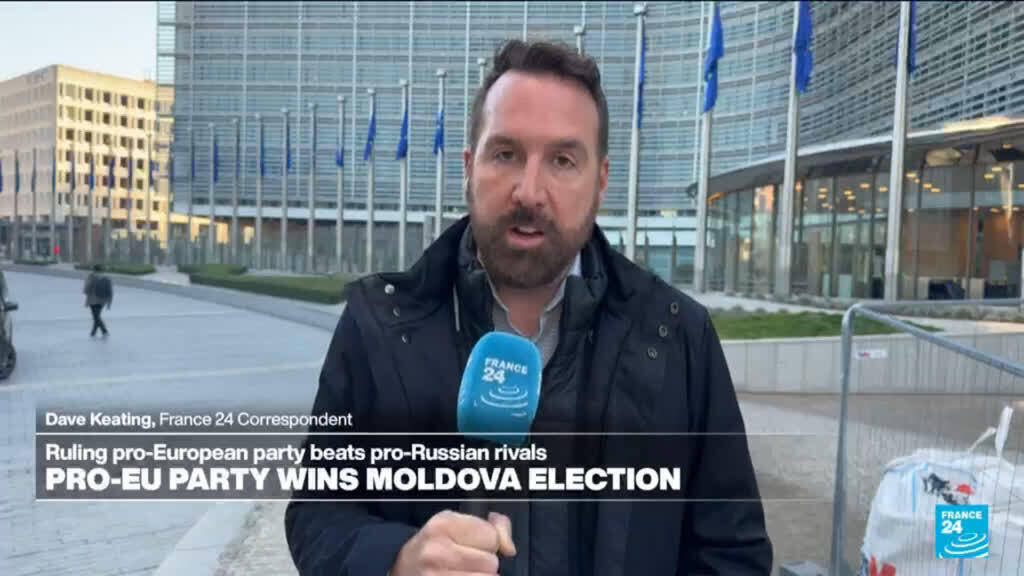EU Leaders Gather in Copenhagen Amid Rising Security Concerns
On Wednesday, European Union leaders convened in Copenhagen to address growing security anxieties following a series of mysterious drone incursions over Denmark. These incidents have heightened concerns regarding potential hybrid attacks orchestrated by Russia. In light of these developments, EU officials are emphasizing the necessity for member states to collaborate on four key defense initiatives aimed at bolstering Europe’s security posture.
One of the primary initiatives discussed is the establishment of a comprehensive "drone wall." This project is intended to create a protective barrier against unauthorized drone activities, which have become increasingly prevalent and pose a significant threat to national security. The leaders are advocating for the deployment of advanced surveillance technologies and rapid response teams to address any illicit drone activities effectively.
In addition to the drone wall, the EU is focusing on enhancing security measures along the eastern flank. This area has been a focal point for concerns regarding Russian military activity and potential aggressions. Strengthening the eastern defenses is essential not only for the safety of member states directly bordering Russia but also as a deterrent against further destabilizing actions from the Kremlin.
Another critical element of the discussions is the development of missile defense systems. As tensions in Eastern Europe rise, the EU recognizes the importance of having capable and reliable missile defense to protect against aerial threats. The implementation of such systems is crucial for safeguarding the territorial integrity of member states and ensuring a unified response to any potential aggression.
Furthermore, the leaders are advocating for a space-based shield to enhance Europe’s security infrastructure. This project aims to leverage satellite technology to monitor and react to threats in real-time. The integration of space assets into defense strategies is seen as vital for future preparedness, especially against growing concerns of hybrid warfare where space plays an increasingly significant role.
Philip Turle, the International Affairs editor at France24, provided insights into the current geopolitical climate that motivates these discussions. He elaborated on the need for a united European front in the face of Russian hostilities and emphasized that collective defense measures are paramount. Turle pointed out that cooperation among EU member states is not merely desirable but essential to ensure a robust deterrent against any potential threat.
The meeting in Copenhagen underscores a pivotal moment for EU unity in defense issues, particularly given the geopolitical landscape influenced by Russia’s actions. This gathering serves as a reminder of the intricate challenges Europe faces in maintaining security and stability within its borders, while simultaneously addressing threats that can emerge from hybrid warfare tactics.
As the discussions unfold, the emphasis on the four flagship defense projects illustrates a proactive approach from the EU to improve its defense capabilities. Through these initiatives, the leaders hope to not only enhance their collective security but also reassure citizens and allies of their commitment to countering threats effectively.
In summary, the Copenhagen summit reflects a critical juncture for EU defense strategy, implementing advanced solutions such as a drone wall, bolstered eastern flank security, missile defense systems, and a space-based shield to combat the evolving threat landscape posed by malicious actors, particularly Russia.












